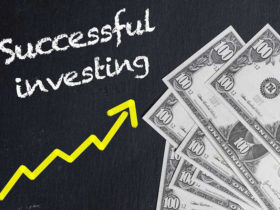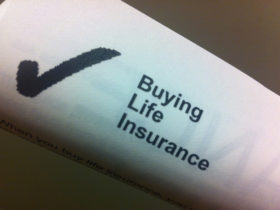As we sit today, we do not have an estate tax in 2010. The problem this presents is that, through an interplay of the estate tax rules and the Alternative Minimum Tax rules, if Congress does not act to reinstate the estate tax for 2010 there will be a significant increase in the number of individuals paying the AMT, not only in 2010 but in all future years as well.
The AMT issue
The AMT side of this issue stems from the impact that capital gains have on an individual taxpayer’s AMT. While long-term capital gains are taxed at the same tax rates for both the Regular Tax as well as the AMT, an increase in an individual’s taxable income, whether from ordinary income or from capital gains, in many cases means a decrease in the individual’s AMT exemption amount.
Here is how this works: once a certain level of Alternative Minimum Taxable Income (AMTI) is reached, every dollar of additional income will reduce the taxpayer’s exemption by 25 cents. The threshold level for a married couple filing jointly is $150,000; it is lower for singles and marrieds filing separately. These thresholds, as well as the mechanics of the AMT exemption phaseout, are explained in the lower part of the IRS Form 6251.
The estate tax issue
Here is the estate tax issue: capital gains are the excess of the selling price of a capital asset, such as a security, over the taxpayer’s basis in that security. The most common concept of basis is what the taxpayer paid for the security when he bought it. For example, a share of stock purchased for $100 will have a tax basis of $100; if it is later sold for $120, the taxpayer has a capital gain of $20 on which he will pay tax. But in the case of inherited securities the determination of basis is very different.
So long as the estate tax is in effect, a beneficiary receives a tax basis in any inherited property equal to its fair market value on the date of death. In the vast majority of cases, this is a "stepped-up" basis because, over time, stocks generally appreciate. This is especially the case for senior citizens because they generally have a long-term hold strategy. All of this means that a decedent’s tax basis typically is well below a stock’s current price. In the above example, that share of stock worth $120 may have been acquired by the decedent for $50, or even less.
The two rules together
With the estate tax in place, if the decedent passes away when that stock is worth $120, that amount is now the tax basis for the heir when the shares are distributed to him. Thus, if the heir sells it for $120, he has zero gain to pay tax on, and this has zero effect on his AMT exemption amount.
Suppose, however, the estate tax is not put back in place. In this case the heir’s tax basis in the above example is $50 because he receives a "carryover" basis instead of a stepped-up basis, and a sale at $120 would result in a $70 capital gain. If the individual has AMTI over the specified threshold, this $70 gain on each share of stock sold would decrease his AMT exemption by $17.50 (25% of the gain). If enough shares are sold, this could have a significant and direct impact on the individual’s Alternative Minimum Tax liability.
Summary
Warren Buffet and Bill Gates are long-standing advocates for the estate tax. While these two probably are not AMT payers, every one of the 4.3 million individuals currently subject to the Alternative Minimum Tax, as well as all other taxpayers who are at risk of being drawn into the AMT, should be right there joining these two in advocating reinstatement of the estate tax!
















